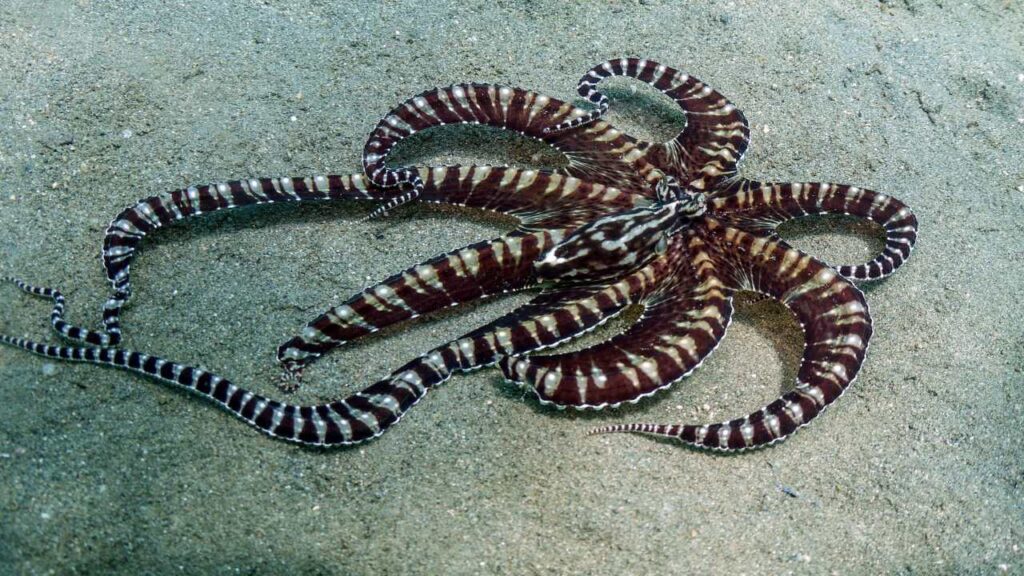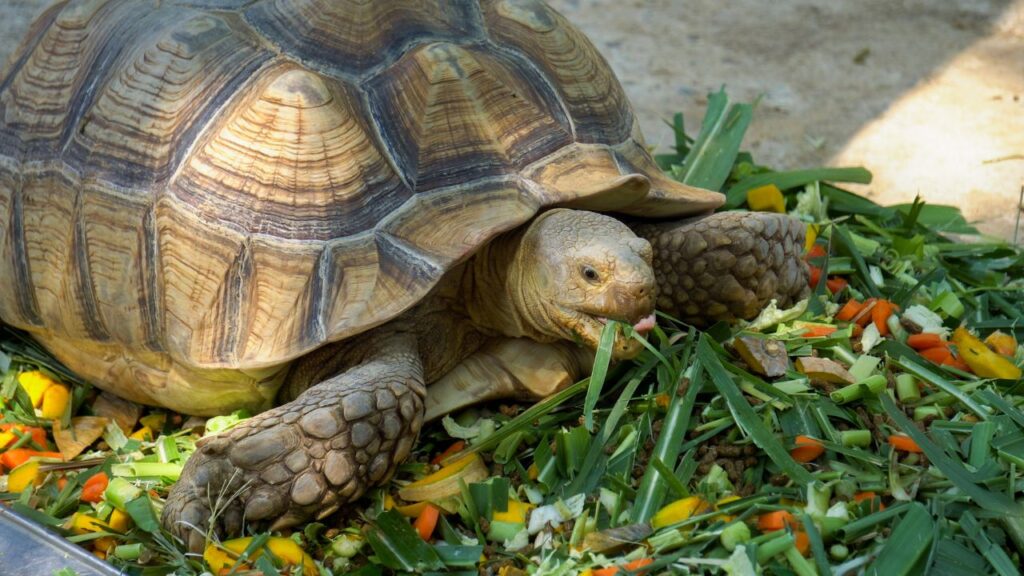Octopuses are incredibly smart and have impressive camouflage capabilities, but even these masters of disguise have predators. Octopuses are incredible. From the tiny blue ring octopus with its terrifying venom and bright blue rings to the giant pacific octopus, with its incredible arm span of over 4 metres. But despite their clever tactics and quick thinking, octopuses face threats from a variety of sea creatures. From swift swimmers to patient ambush predators, octopuses fall prey to a range of other animals and not just those that live in the ocean.
Moray Eels
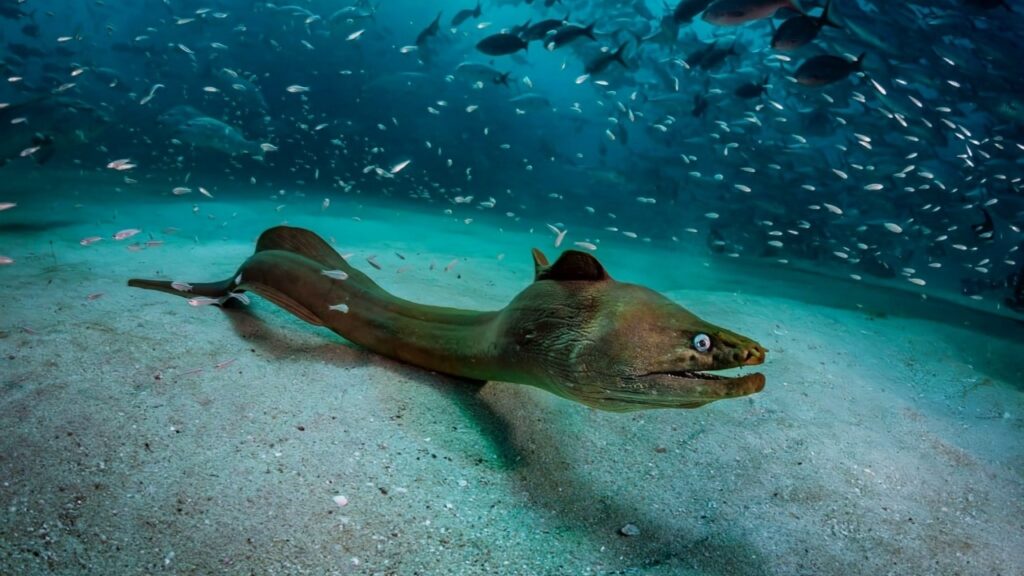
Moray eels are formidable predators of octopuses. With their long, snake-like bodies and powerful jaws, they can pursue octopuses into tight crevices. Morays have a second set of jaws in their throats, which they use to pull prey into their gullets. This adaptation makes them particularly effective at catching and consuming octopuses.
Seals
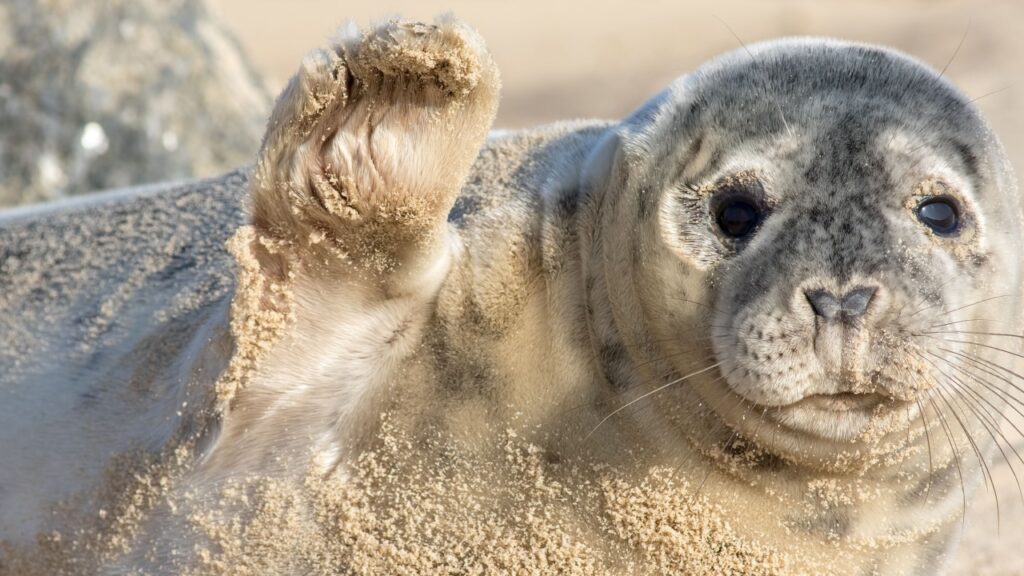
Several species of seals, including harbor seals and monk seals, hunt octopuses. These marine mammals are agile swimmers and can dive to great depths to catch their prey. Seals use their whiskers to detect the movements of octopuses hiding in rocks or coral, then use their sharp teeth to grab and tear apart their catch.
Sea Lions
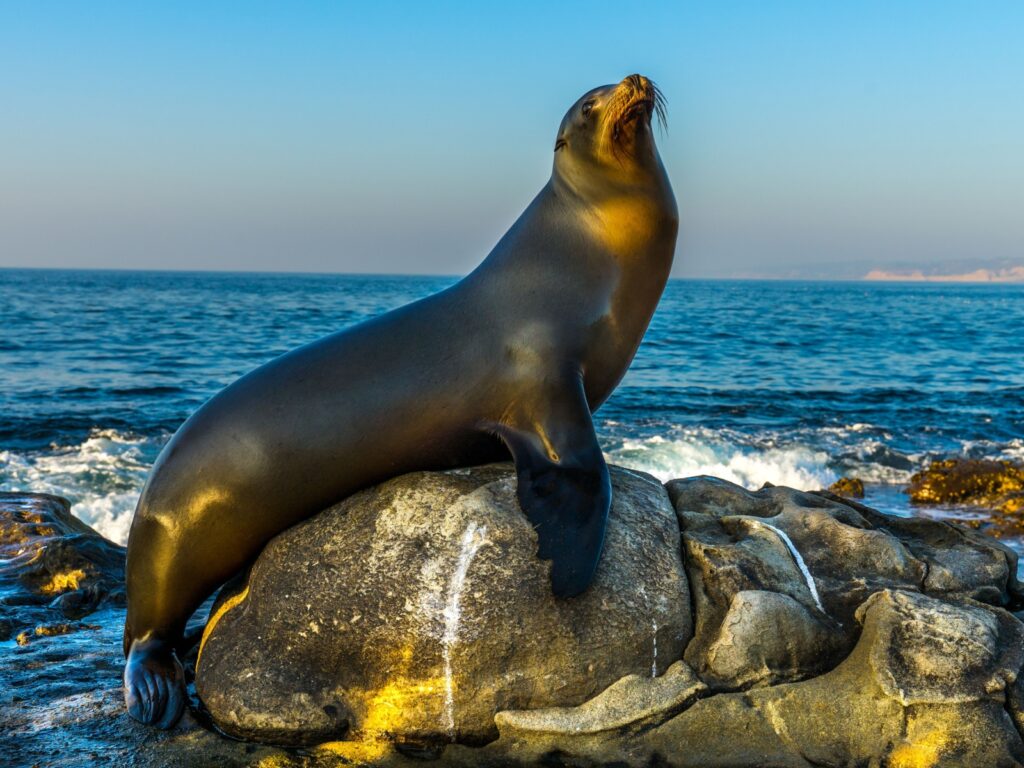
Sea lions are skilled octopus hunters. Their streamlined bodies and powerful flippers allow them to chase down even the fastest octopuses. Sea lions often bring large octopuses to the surface, where they violently shake them to tear them into smaller, more manageable pieces before eating.
Sharks
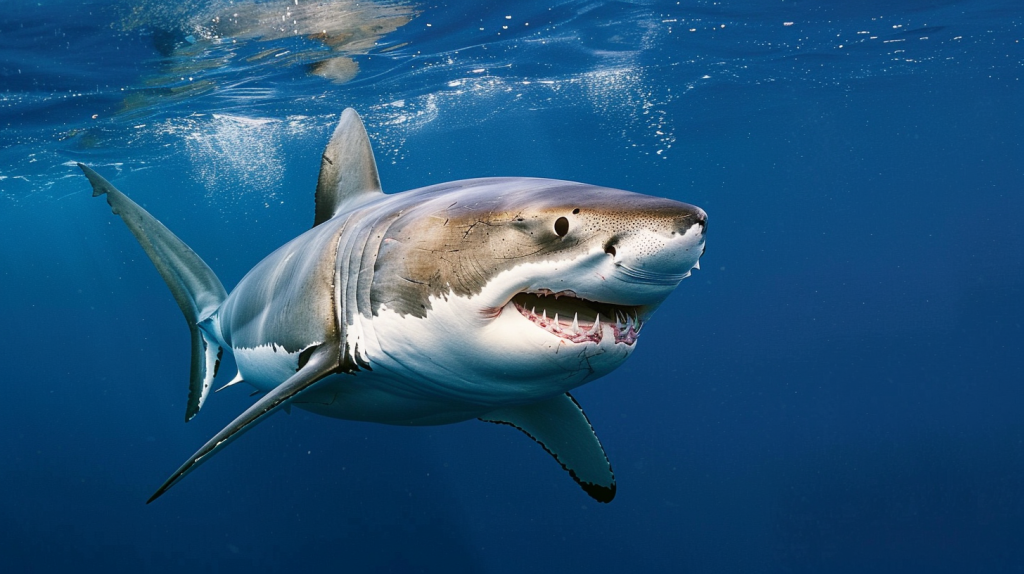
Many shark species prey on octopuses, including hammerhead sharks. These predators use their excellent sense of smell to locate octopuses. Sharks’ multiple rows of sharp teeth are well-suited for gripping and tearing octopus flesh. Some sharks even specialize in hunting octopuses that live in deeper waters.
Dolphins
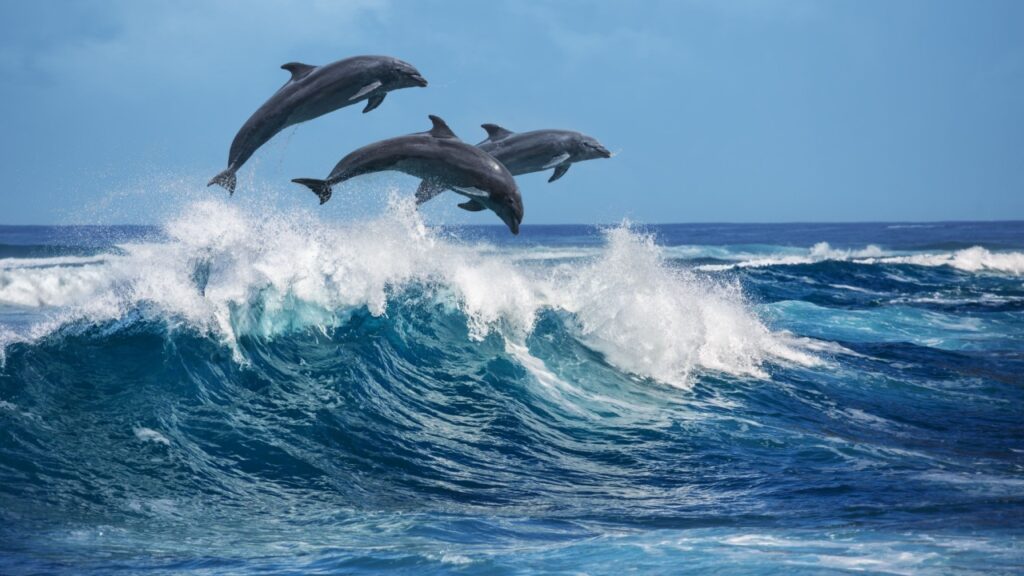
Dolphins are intelligent hunters that often prey on octopuses. They use echolocation to find octopuses hiding in complex environments. Some dolphin species have been observed using sophisticated techniques to prepare octopuses for eating, such as tossing them repeatedly to tenderize the meat and remove the ink sacs.
Sperm Whales
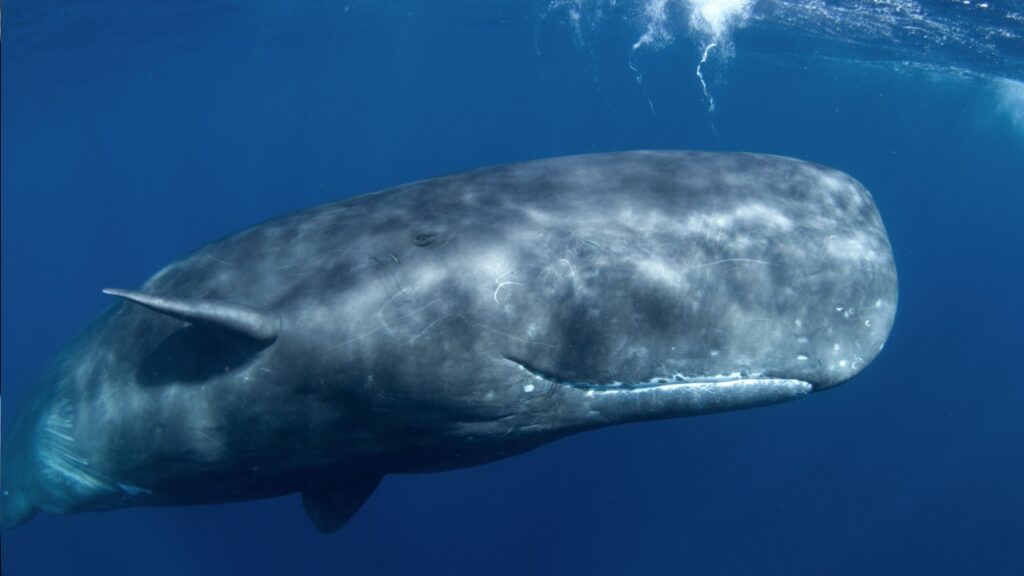
Sperm whales are known to dive deep into the ocean to hunt giant squid, but they also prey on large octopuses. These massive mammals can hold their breath for over an hour, allowing them to pursue octopuses at extreme depths. Sucker marks found on sperm whales’ skin are evidence of their battles with large cephalopods.
Groupers
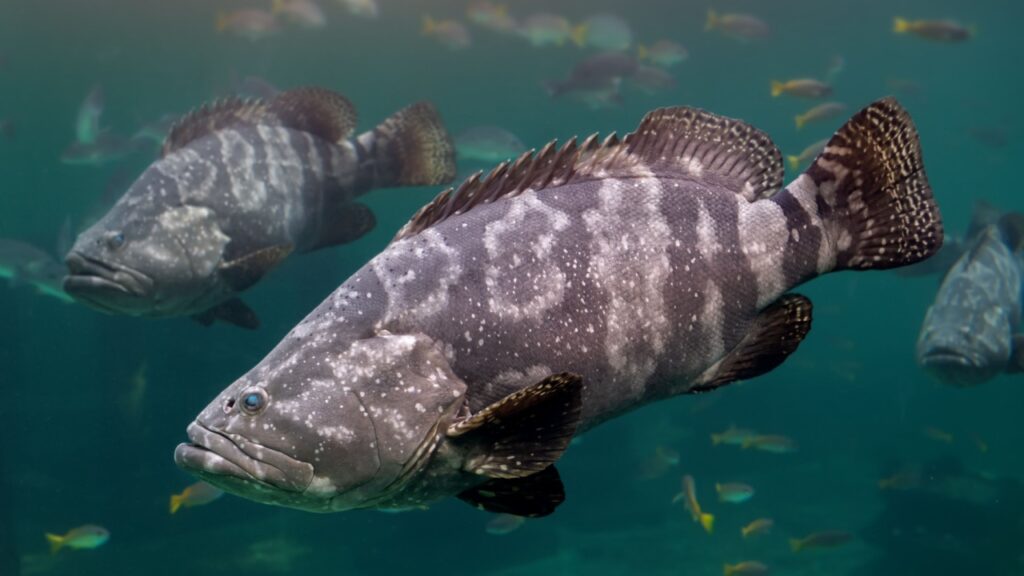
Groupers are large, predatory fish that often include octopuses in their diet. These fish have huge mouths that can create strong suction to pull in prey. Groupers are patient hunters, often waiting motionless near the sea floor to ambush passing octopuses.
Barracudas
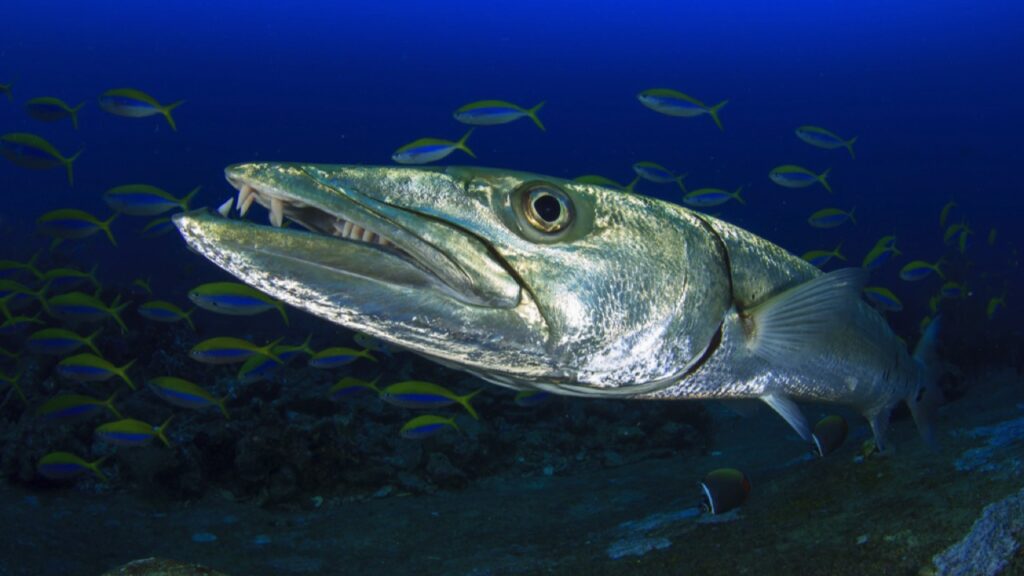
Barracudas are swift, torpedo-shaped fish with razor-sharp teeth. They’re opportunistic predators that will attack octopuses when the chance arises. Barracudas rely on their speed and powerful jaws to overcome the octopus’s defenses and escape mechanisms.
Sea Turtles
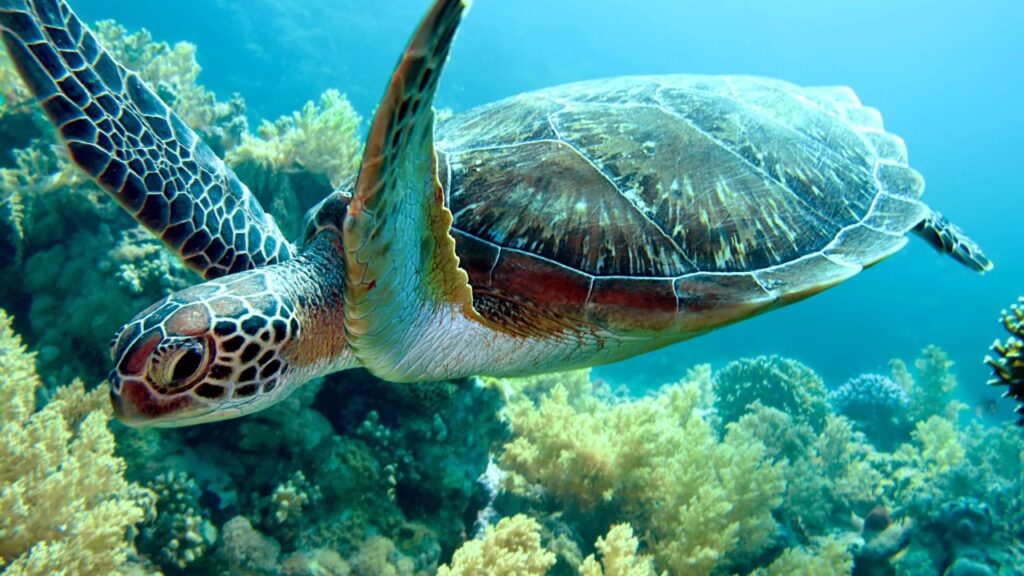
Some sea turtle species, particularly loggerhead and hawksbill turtles, are known to eat octopuses. These turtles have powerful beaks that can crush the hard shells of mollusks, making short work of an octopus’s soft body. Sea turtles often hunt octopuses in coral reefs or rocky areas where the cephalopods hide.
Conger Eels
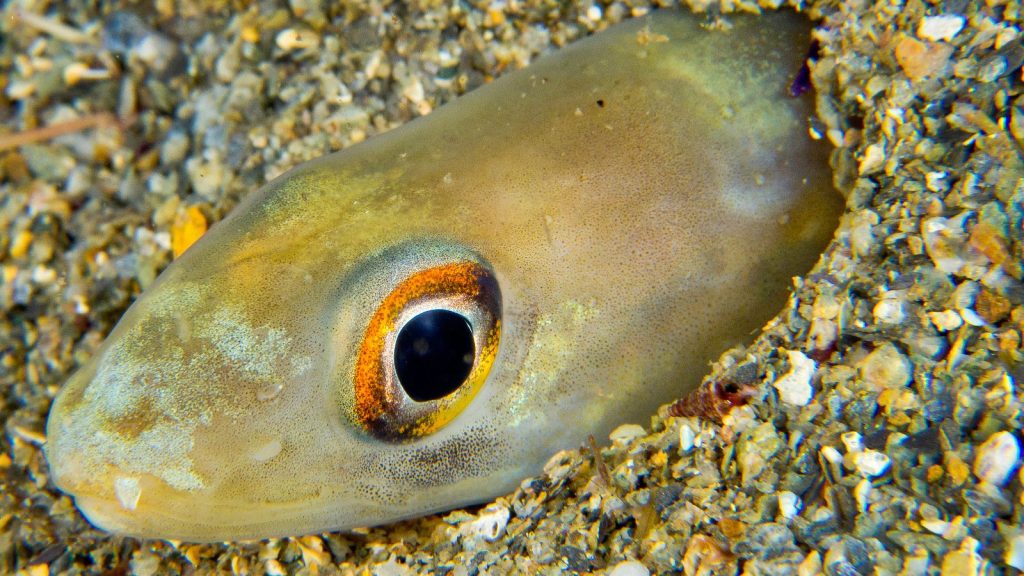
Conger eels are nighttime hunters that often prey on octopuses. Like moray eels, they have long, muscular bodies that allow them to pursue octopuses into tight spaces. Conger eels have sharp teeth and strong jaws, enabling them to grip and tear octopus flesh effectively.
Large Bony Fish
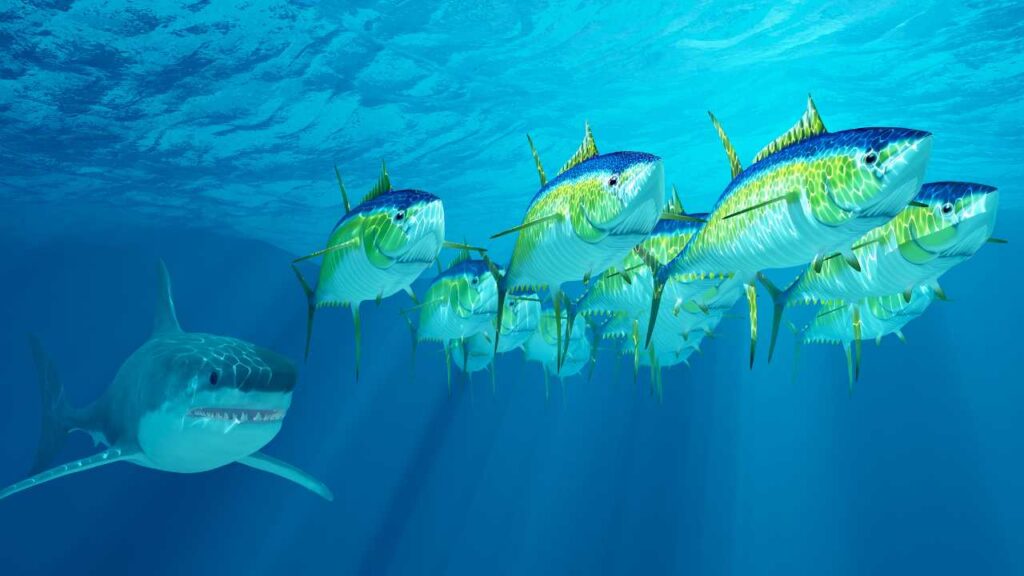
Many large bony fish species hunt octopuses, including tuna and swordfish. These fast-swimming predators can overtake octopuses in open water. Their streamlined bodies and powerful tails give them the speed and agility needed to catch these elusive cephalopods.
Octopuses
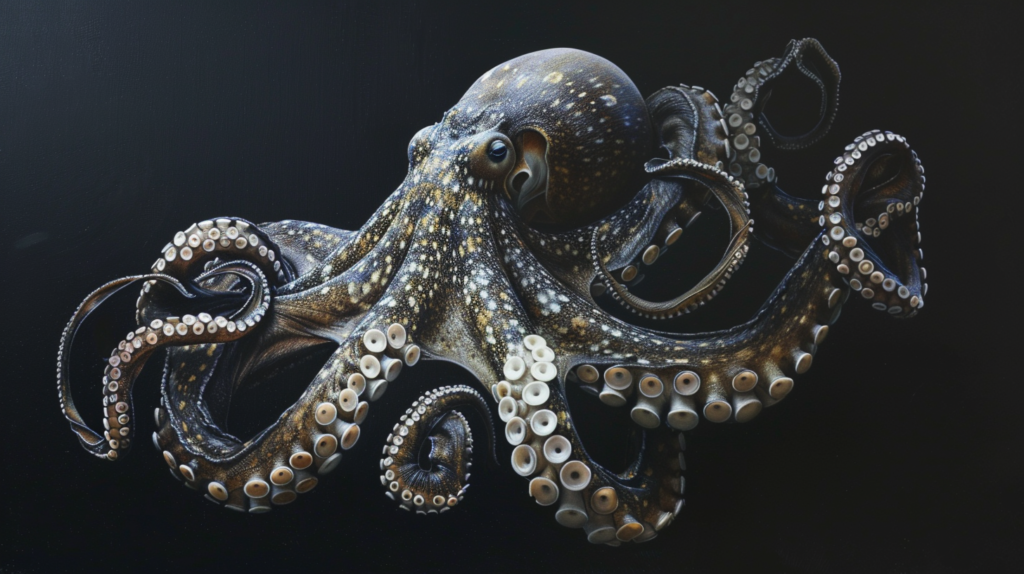
Surprisingly, octopuses sometimes prey on other octopuses. Some larger species will hunt and eat smaller octopuses when given the opportunity. This cannibalistic behavior is not uncommon in the animal kingdom and can occur when food is scarce or during mating encounters.
Sea Birds
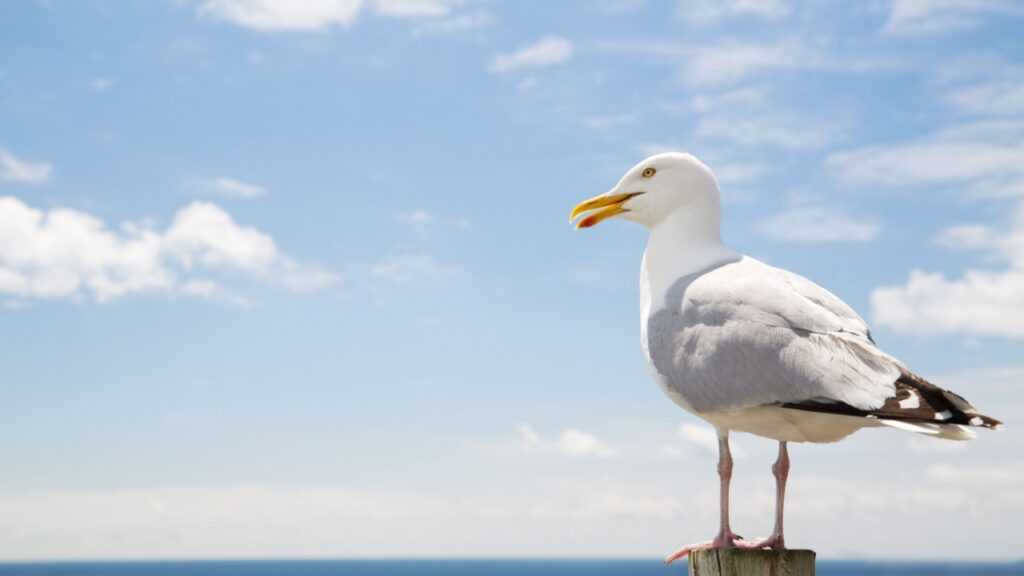
Certain seabirds, like gulls and albatrosses, occasionally catch and eat octopuses. These birds typically prey on octopuses that come too close to the surface or those stranded in tidal pools. Seabirds use their sharp beaks to tear apart the octopus’s soft body.
Lingcod
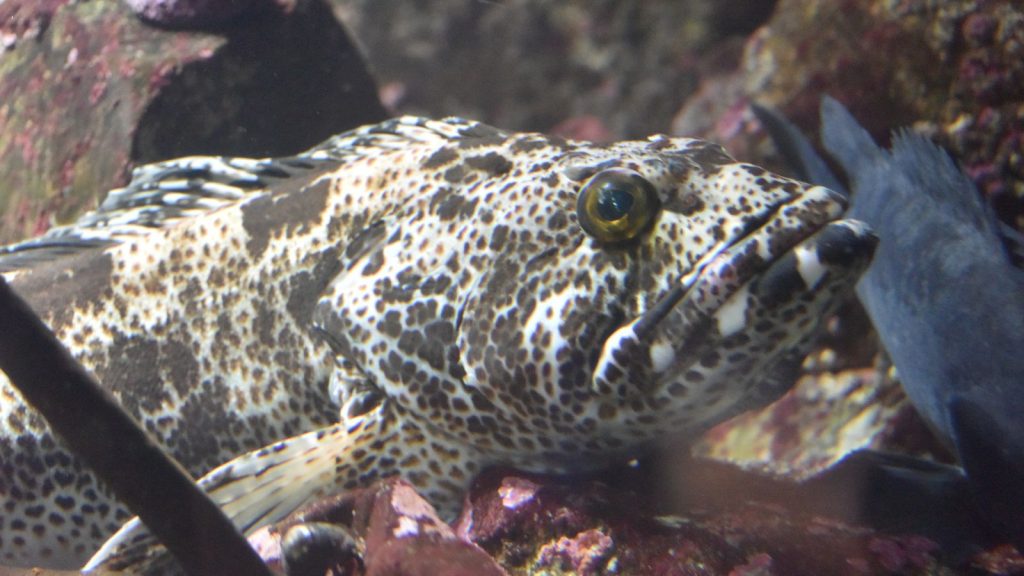
Lingcod are large, predatory fish found in the Pacific Ocean. They have enormous mouths and sharp teeth, making them well-equipped to handle octopuses. Lingcod often ambush their prey, lying in wait on the ocean floor before lunging at passing octopuses.
Humans
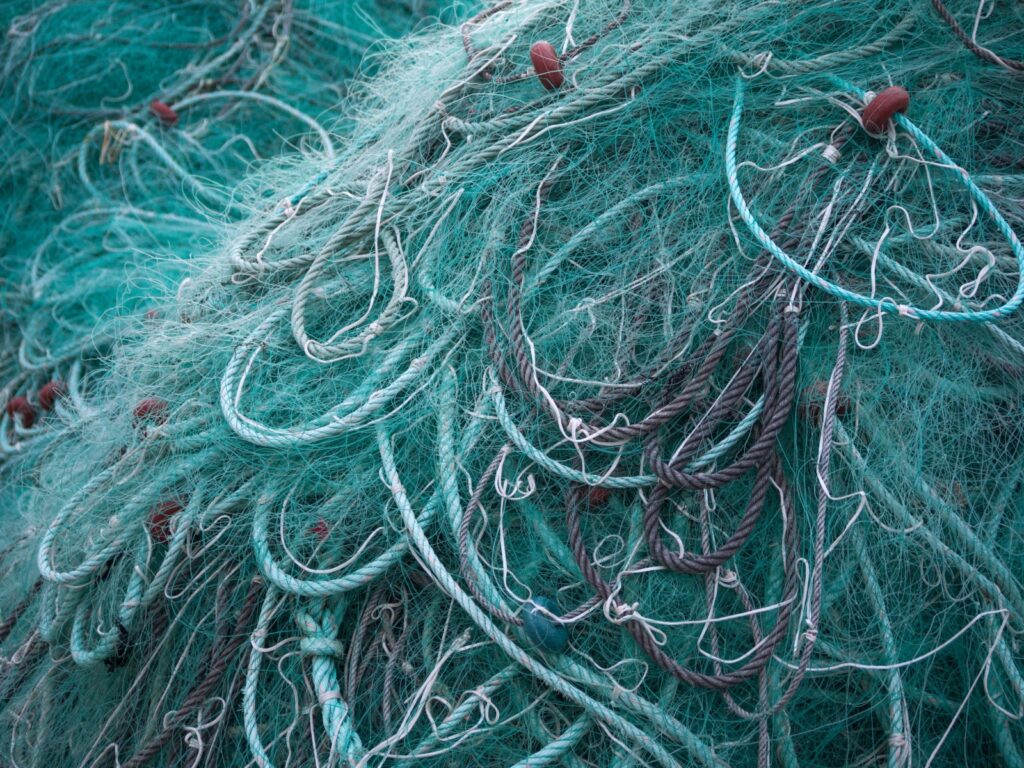
Humans have been hunting octopuses for thousands of years. In many coastal cultures, octopus is considered a delicacy. Fishermen use various methods to catch octopuses, including traps, spears, and hooks. The increasing demand for octopus as food has led to concerns about overfishing in some areas.

